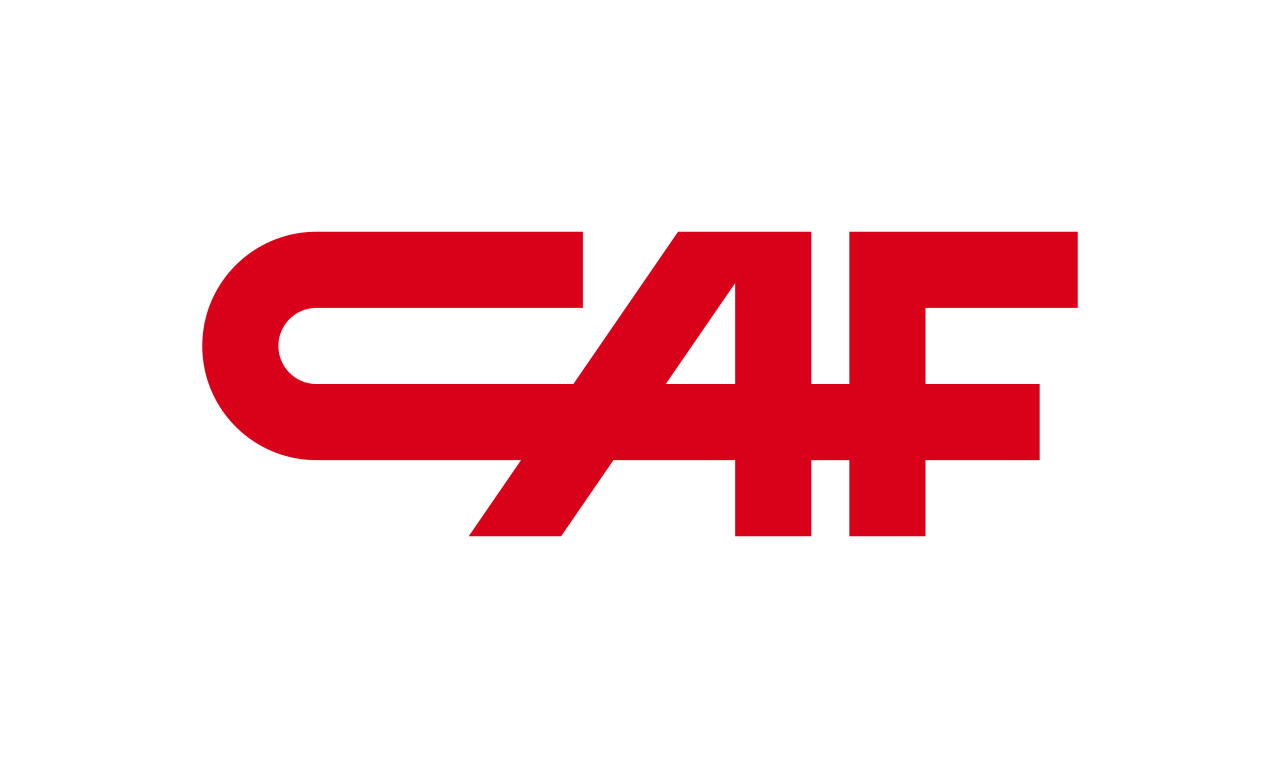Train supply and services company Construcciones y Auxiliar de Ferrocarriles (CAF) has signed a contract to support the first of two sets of trains to Metro Madrid.
Spanish capital’s operator is renewing and expanding its rolling stock fleet, and has made an agreement, worth nearly four hundred million euros, with CAF to design and supply forty wide-gauge, single-voltage trains.
The contract also includes work to optimise the fleet’s life cycle, and contains an option to increase the number of train units supplied.
The trains will run on lines 6 and 8 of Madrid’s metropolitan network. The order, which will be financed with loans from the European Investment Bank (EIB), aims to increase capacity and improve service quality and on the city’s public transport system.
The Madrid Metro is the fourteenth longest rapid transit system in the world, with a total length of 293 kilometres.
The trains are more energy-efficient than those they are replacing, so the order aligns with the Community of Madrid’s environmental policies, and will meet rising passenger demand and growth projections.
Each unit will consist of six cars: four motor cars and the two trailer cars. Their layout minimises obstructions, with gangway aisles between the cars along its full length.
CAF describes the tender as “extremely exacting” in terms of technical requirements, details requirements for energy consumption, life cycle cost (LCC, total cost of the product during its life cycle) and the technical performance of the units. It also included the possibility of semi-automatic (GoA2) and fully automatic (GoA4) operation.
CAF points out that it worked extensively with Metro Madrid during a long shared history, having supplied most of Madrid’s suburban network’s trains.
The company has designed and manufactured more than six hundred metro units for Madrid, from the 2000, 3000, 5000, 6000, 8000 and 8400 series. Series 8400 units were the most recent deliveries, arriving in 2010 and 2011 and these are currently operating on line 6.
CAF has also supplied vehicles to cities including London, Marseille, Athens and Seville, and to the South Wales Metro.





Responses